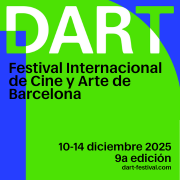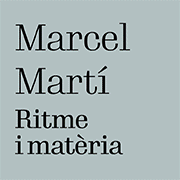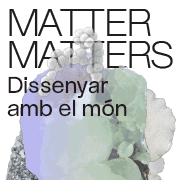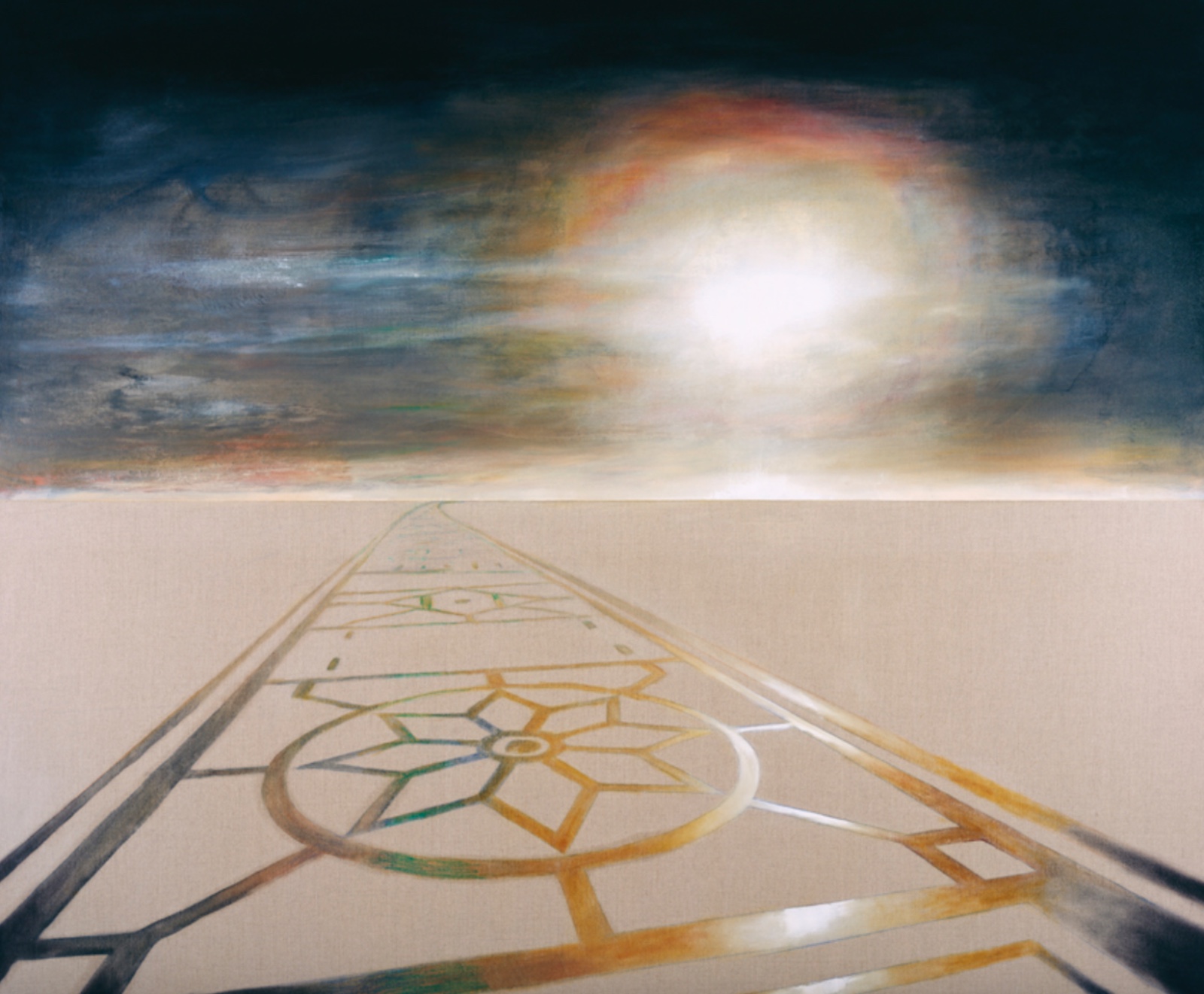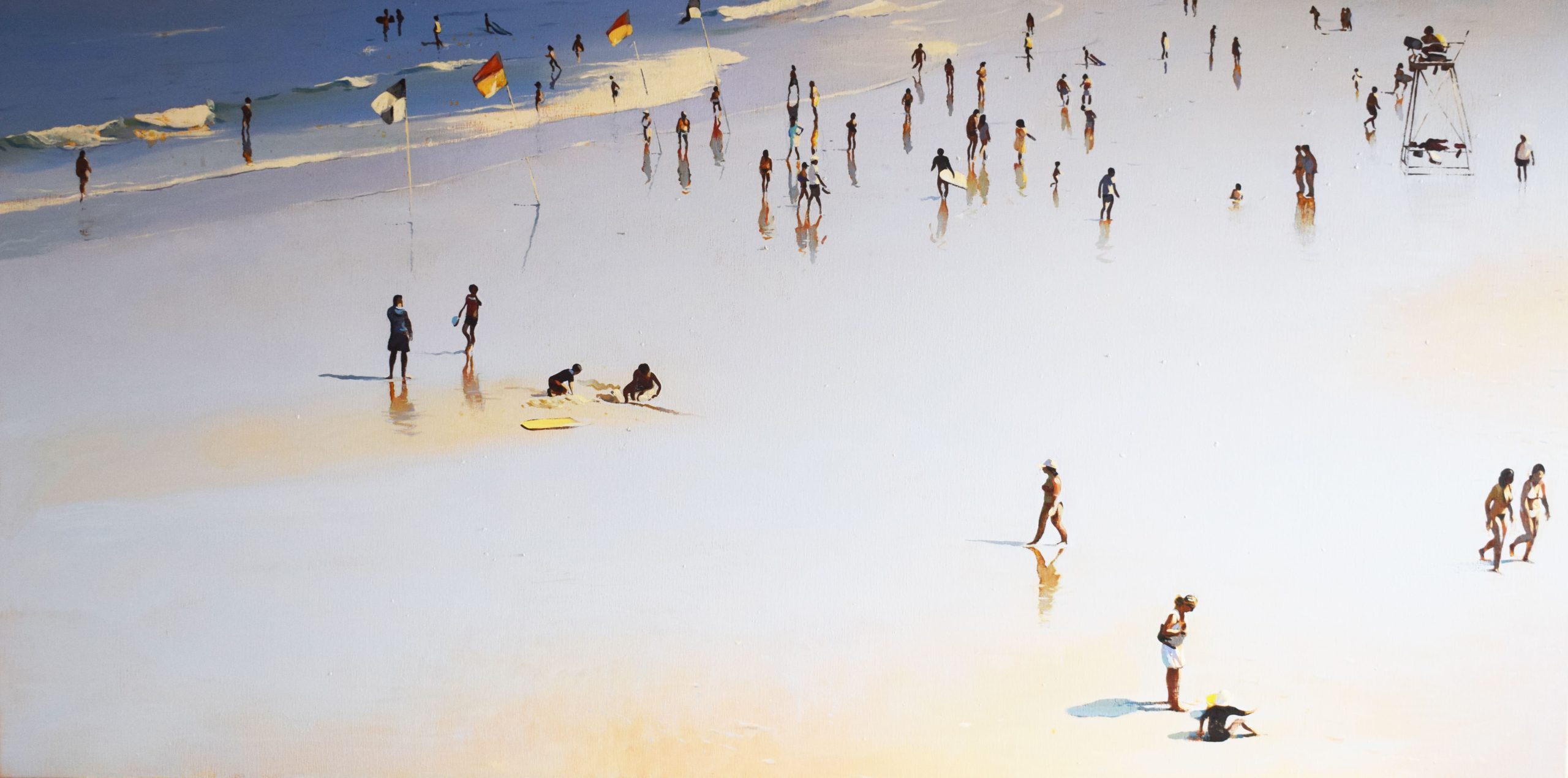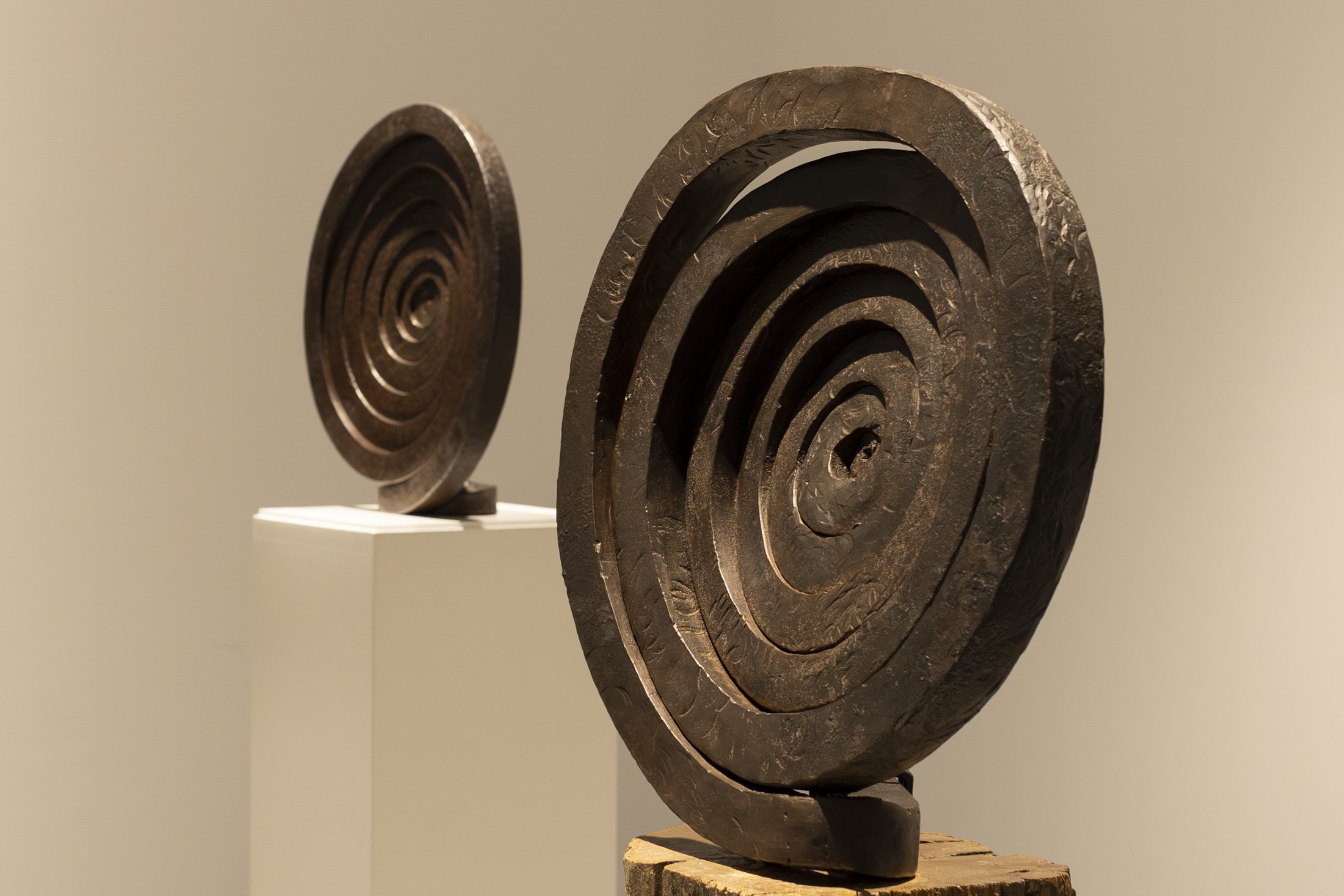Opinion
SOS art and bureaucracy
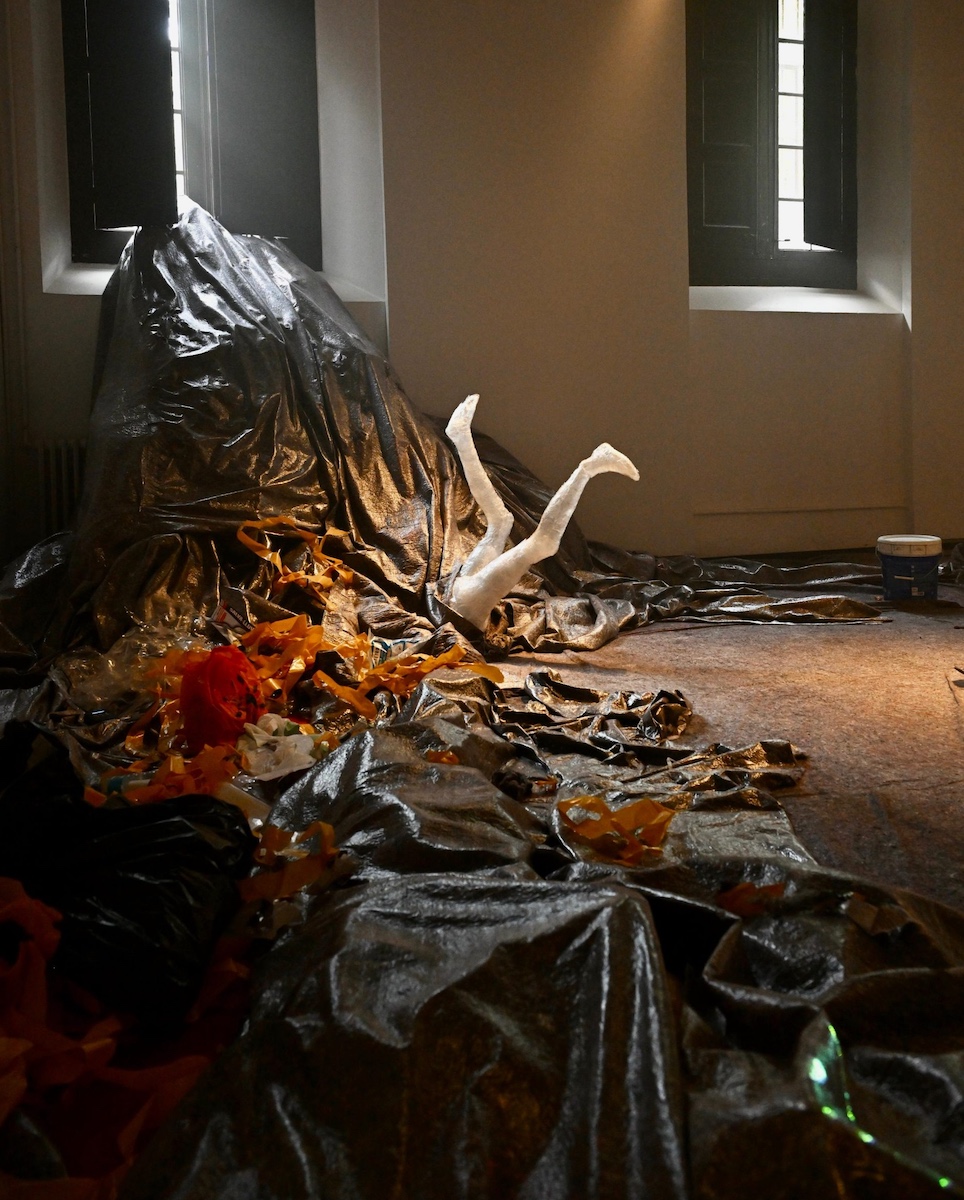
Bureaucracy, said Hannah Arendt, is one of the democratic tools par excellence. In calls for proposals, applications, tenders, interventions, we must always remember, no matter how silly they may be, that they are designed so that everyone has access to resources with the same rights, regardless of class, gender or race. However: bureaucracy misunderstood, used systematically and uniformly, which does not take into account the particularities and fragilities of each sector where it is implemented, can become a democratic problem, a limiter of fundamental rights. And culture and the arts, as long as a wave of the extreme right does not sweep them away, are still there.
In recent years, the country's free professionals in the arts (artists, curators, art directors, critics, gallerists), have been suffering the effects of a new wave of bureaucratic reforms arising largely from the interpretation of the 2017 Contracts Law. In many municipalities, the curator or artist is now asked, for small amounts, to do the unthinkable: provide prior budgets with agreed figures; provide for unpaid content; justify personal data; register on obsolete portals; in some recent extreme cases, the same bureaucracy required makes it impossible to carry out the same requested artistic work in time and materially, entering into an unspeakable Kafkaesque drift.
In the most complex cases, things escalate to unsuspected limits: in tenders for artistic direction contracts (we saw this in the last one at La Capella) the candidate is asked for personal insurance guaranteeing economic solvency, as if we were large businessmen or shareholders. Management contracts limited to 2 years are offered (Fabra i Coats case reviewed by the PAV). Certified justification for everything that is announced. And so on, which despairs cultural professionals and technicians, with a new aggravating phenomenon: professionals are being discouraged from applying; productions are being postponed; the free artistic and cultural expression of artists, directors and curators is being impoverished and limited.
All the lawyers consulted reaffirm that no law obliges us to this frenzy of bureaucratic hurdles and requirements, but rather that in most cases these are interpretations of law 09/2017, with instructions coming "from above" from the administrations; from a "top" that is so "top" that it is completely inaccessible, whom everyone fears and with whom it is impossible to dialogue to find an understanding and promote an empathetic and understanding attitude towards the structural fragility of our sector. Decisions that come, they tell us, from interventions that nestle in the high offices of public entities, and that dictate instructions and protocols that we must all adhere to, in order to have the peace of mind that the entire system functions in an immaculate and supervisable manner.
The philosopher and current director of the Bòlit, Íngrid Guardiola, in her essay The servitude of protocols, speaks of this phenomenon as a “biased fetishization of the law”, driven by premises that seek to achieve immaculate, controllable records, as if they were an unquestionable religious dogma. Everything must be planned, supervised, demonstrated, x-rayed, verified and contrasted. But this “techno-bureaucratic” rigidity is in absolute contradiction with the nature of the arts: which work from uncertainty, doubt, experimentation, change, freedom of creation. The law must be able to adapt to this nature to make it possible, as is clear from the constitution, which understands “the promotion and protection of culture” as a fundamental right. How can an artist foresee two years in advance which piece he will produce, with which materials, with which suppliers, with which screws and of which brand? How can a curator presuppose what an entire artistic production that is about to be made will be like? How can an artistic director dedicate himself to programming content if most of the time he has to be anticipating and documenting his work and managing the thousand and one technological arrangements that are in sight?
What should have been a fruitful and fulfilling stage in Íngrid Guardiola's professional career is becoming, as she acknowledges, a personal torture when it comes to complying with the law to hire and professionally remunerate artists, curators and agents in the sector. The result: one of the best directors the country has had in recent years is not reapplying for the new call that has recently ended her contractual relationship.
We, the independent professionals of the arts, demand sensible and urgent measures from the administrations in order to work actively for the resolution of the bureaucratic regulations that are already slowing down the articulation of artistic creation in our country. The political class must raise awareness and influence the interventions to adapt the law of contracts to the workers of culture, which start from an economic reality of deplorable basis. Because culture and the arts are a right of the citizens, and the administrations have the duty to enforce it.


